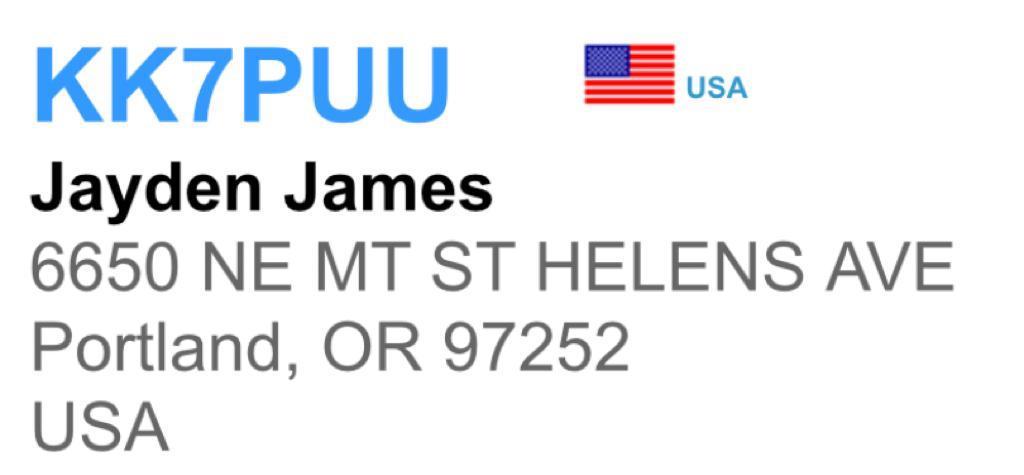The Federal Communications Commission (FCC) is an independent agency of the US government, formed by the Communications Act of 1934. They basically decide who is able to use which frequencies for which purposes, and issue licenses to stations for specific frequencies. Their mission, amended by the Telecommunications Act of 1996, is to ensure fast and reliable wire and radio communication services across the nation and the world.
That includes broadband, wireless internet, and fixed wireless services. Why? The airwaves are considered to be a limited resource that is shared by everyone. Because of this, the FCC assigns specific frequencies to licensed operators to prevent too many services from using the same channels at the same time.
What is the FCC License?
An FCC license grants an organization legal permission to operate on a specific frequency, within a particular radio band, using a specific type of radio signal emission. Individuals, businesses, or organizations that want to operate on Industrial/Business Pool frequencies must have a license.
This includes using a network design and equipment that meets FCC guidelines for quality and clarity. In the case of fixed wireless, the FCC requires most wireless telecommunications service licensees to construct their system or meet coverage requirements within a specified time period and then notify the Commission when everything is completed.












No comments:
Post a Comment